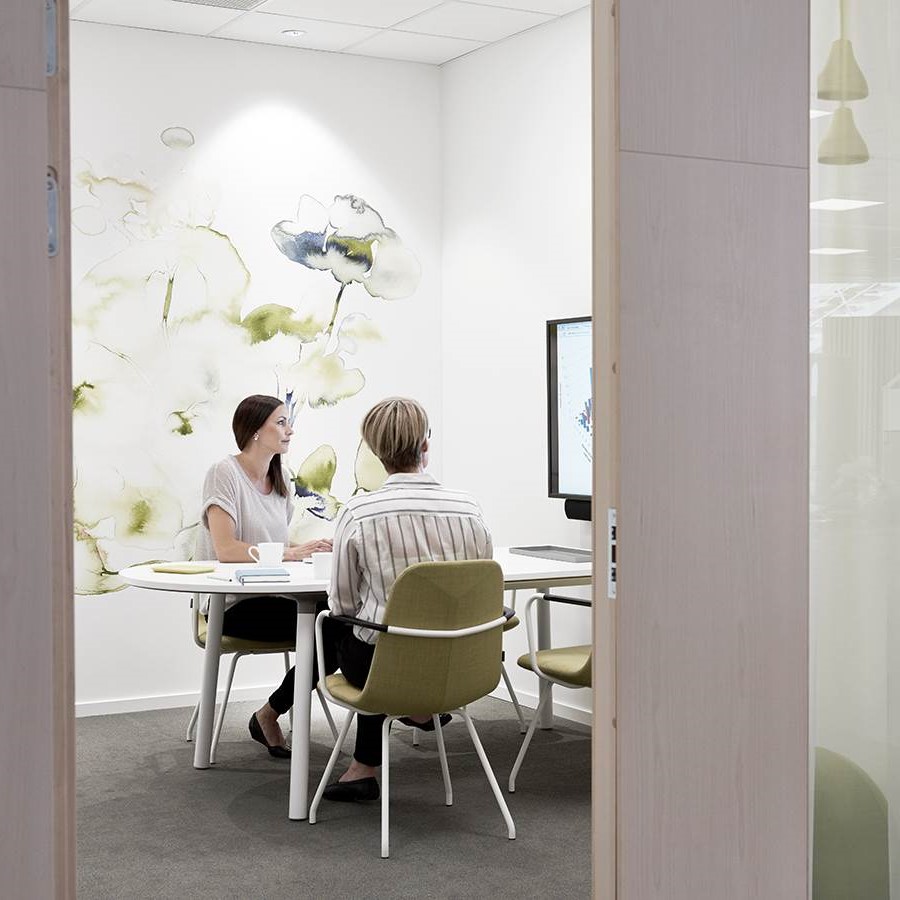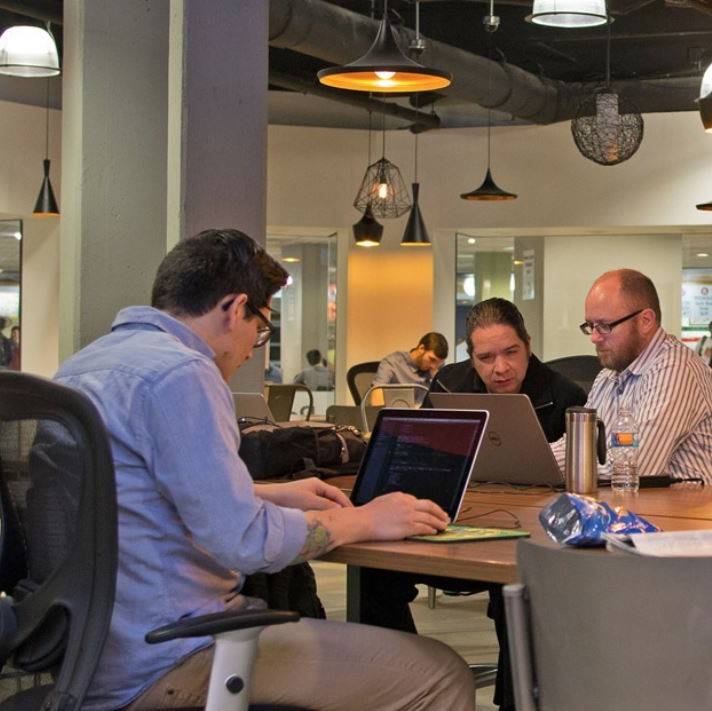To provide the best experiences, we use technologies like cookies to store and/or access device information. Consenting to these technologies will allow us to process data such as browsing behaviour or unique IDs on this site. Not consenting or withdrawing consent, may adversely affect certain features and functions.
The technical storage or access is strictly necessary for the legitimate purpose of enabling the use of a specific service explicitly requested by the subscriber or user, or for the sole purpose of carrying out the transmission of a communication over an electronic communications network.
The technical storage or access is necessary for the legitimate purpose of storing preferences that are not requested by the subscriber or user.
The technical storage or access that is used exclusively for statistical purposes.
The technical storage or access that is used exclusively for anonymous statistical purposes. Without a subpoena, voluntary compliance on the part of your Internet Service Provider, or additional records from a third party, information stored or retrieved for this purpose alone cannot usually be used to identify you.
The technical storage or access is required to create user profiles to send advertising, or to track the user on a website or across several websites for similar marketing purposes.
 More than three in five UK adults (61 percent) favour work life balance over a high salary, according to a new study from Hitachi Personal Finance. The report also claims that it is those aged 45 and upwards who are most likely to seek out a better overall quality of life at the expense of other job priorities, with 82 percent of workers aged over 45 saying they would always opt for a better life balance over a high salary, given the choice, compared with 49 percent of under 45s. (more…)
More than three in five UK adults (61 percent) favour work life balance over a high salary, according to a new study from Hitachi Personal Finance. The report also claims that it is those aged 45 and upwards who are most likely to seek out a better overall quality of life at the expense of other job priorities, with 82 percent of workers aged over 45 saying they would always opt for a better life balance over a high salary, given the choice, compared with 49 percent of under 45s. (more…)




































October 2, 2019
Breaking free of the linearity of modern work
by Howard Lewis • Comment, Technology, Workplace design